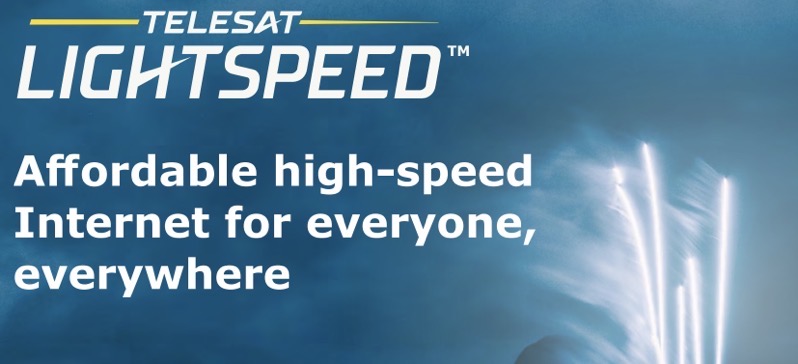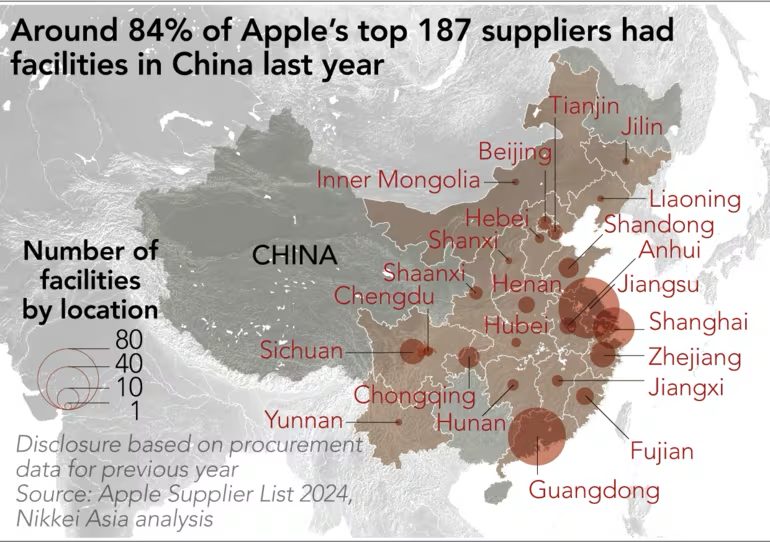
SpaceX to Launch Telesat’s $1.8 Billion Taxpayer-Funded Internet Satellites
In a significant move to bolster global connectivity, Ottawa-based Telesat has inked a deal with Elon Musk’s SpaceX to launch its Lightspeed satellite constellation into Low Earth Orbit (LEO), reports Tesla North.
The collaboration includes 14 launches using SpaceX’s reliable and reusable Falcon 9 rocket. Each mission will carry up to 18 Telesat Lightspeed satellites, with the first launch slated for 2026. The launch schedule aims to kickstart Telesat’s global services by 2027, with lift-off set from launch pads in California and Florida.
Telesat’s Lightspeed network, tailored for the critical connectivity demands of government and enterprise sectors, pledges to deliver secure, high-speed broadband with minimal latency on a global scale. With MDA on board as the primary satellite manufacturer since August and all crucial launch contracts in place, Telesat is on track to offer enterprise connectivity by the close of 2027.
“SpaceX has been a trusted and effective launch provider to Telesat on our geostationary satellite programs and I am delighted that they will be supporting us with their highly reliable Falcon 9 rocket to deploy the Telesat Lightspeed constellation, the most ambitious program in Telesat’s 54-year history,” said Dan Goldberg, Telesat’s President and CEO on Monday.
“Given the dedication and professionalism of the SpaceX team, and their outstanding track record of reliability and demonstrated high launch cadence, I have the utmost confidence that they will be an outstanding partner in helping us bring Telesat Lightspeed into service in a timely and low risk manner,” added Goldberg.
“With growing demand for high-speed internet around the world, SpaceX is proud to launch and deploy Telesat’s Lightspeed constellation” said SpaceX President and Chief Operating Officer Gwynne Shotwell. “Building upon our successful launch partnership to-date, we look forward to flying Telesat once again as they expand connectivity capabilities for their customers across the globe.”
Telesat is partially taxpayer-funded as it received $1.4 billion from the federal government in 2021. The Quebec government also invested $400 million into Telesat as well, for a total of $1.84 billion from taxpayers. The company’s services will rival SpaceX’s Starlink satellite internet offering. However, Telesat’s approach differs, targeting resellers who will then cater to end customers, in contrast to Starlink’s direct-to-customer model.
SpaceX is now able to launch satellites into space more than any other nation or company on Earth. Nova Scotia’s Xplore leveraged SpaceX for a satellite launch earlier this year, and an Apple-backed satellite launch is also forthcoming to support the company’s Emergency SOS with Satellite feature.


